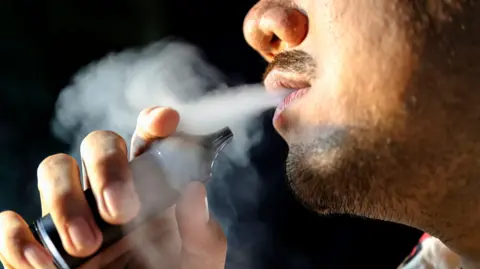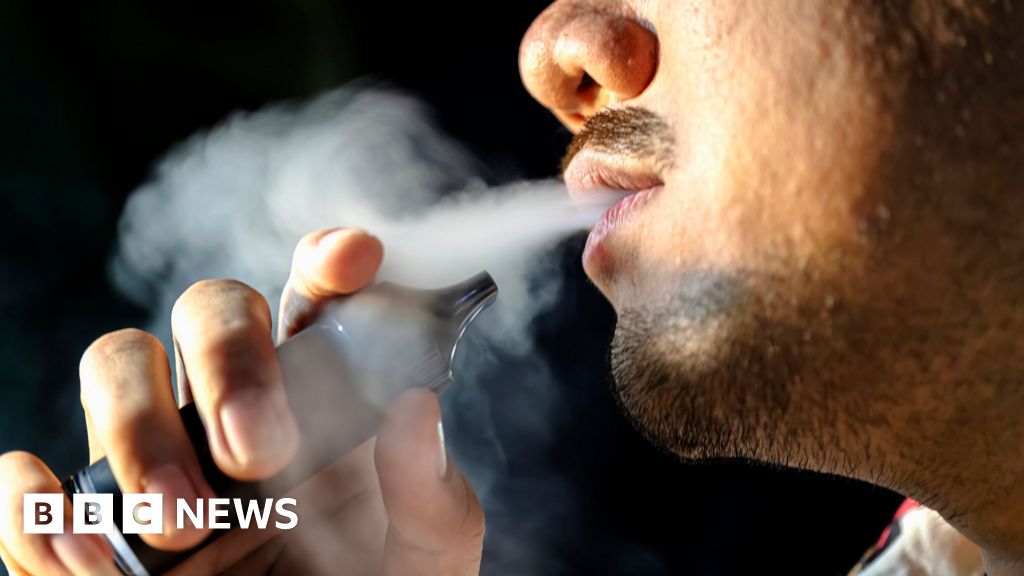Indonesian police have dismantled a significant international baby trafficking operation, reportedly selling at least 25 babies to buyers in Singapore since the start of 2023. As part of the operation, authorities arrested 13 individuals in various cities, including Pontianak and Tangerang, and successfully rescued six infants nearing potential trafficking.
According to West Java's police director of general criminal investigation, Surawan, the trafficked infants were initially housed in Pontianak where their immigration documentation was processed before being sent to Singapore. Attempts to reach authorities in Singapore for their input have gone unreturned.
The syndicate's methods involved targeting vulnerable expectant mothers, some of whom contacted the traffickers via social media platforms like Facebook before moving to more private communication channels such as WhatsApp. "Some babies were even reserved while still in the womb," Surawan stated, detailing how costs of delivery were covered alongside a monetary compensation which led to the mother relinquishing her child.
Investigators indicated that participants in the syndicate included individuals who sourced infants, caretakers, and operatives who forged civil documents, such as birth certificates and passports. The infants typically spent several months in caretaker custody before being transported to Jakarta and subsequently back to Pontianak, where necessary paperwork was completed.
Reportedly, the infants were sold for between 11 million Indonesian rupiah (about $673 or £502) and 16 million Indonesian rupiah each. Of the 25 babies sold, police documented 12 males and 13 females, primarily sourced from various localities within West Java.
Moving forward, the police's foremost priority is to trace the adoptive parents in Singapore. Surawan emphasized the importance of thorough cross-checking data regarding the babies who were trafficked, along with those who accompanied them out of the country.
Notably, it has been reported that the infants were allegedly given away with the parents' consent, raising questions about the conditions surrounding their agreements. Some parents might have turned to trafficking out of financial necessity. If it is established that there was a prior agreement, they could be subject to charges for complicity in child protection violations and human trafficking.
To apprehend remaining suspects, including those possibly operating outside Indonesia, local authorities are seeking collaboration with Interpol and Singaporean law enforcement, declaring an intent to issue wanted notices.
Experts like Ai Rahmayanti of the Indonesian Child Protection Commission (KPAI) highlight that trafficking syndicates often prey on women facing dire circumstances, such as unwanted pregnancies stemming from sexual violence or abandonment. With strict abortion laws in Indonesia, the desperation often drives women to engage with these sinister networks.
Rahmayanti explains that many trafficking operations masquerade as legitimate maternity clinics or shelters, using benevolent jargon to attract vulnerable women seeking assistance, ultimately leading them into exploitation.
Although precise statistics on baby trafficking in Indonesia are not readily available, KPAI has documented a worrying trend of increasing incidents in recent years. From 11 cases in 2020 to 59 in 2023, the data indicates a rising challenge in combatting such operations.
In conclusion, the urgent task remains to combat this deep-rooted issue within society and break the cycle of exploitation fueled by poverty and lack of support for vulnerable mothers.
According to West Java's police director of general criminal investigation, Surawan, the trafficked infants were initially housed in Pontianak where their immigration documentation was processed before being sent to Singapore. Attempts to reach authorities in Singapore for their input have gone unreturned.
The syndicate's methods involved targeting vulnerable expectant mothers, some of whom contacted the traffickers via social media platforms like Facebook before moving to more private communication channels such as WhatsApp. "Some babies were even reserved while still in the womb," Surawan stated, detailing how costs of delivery were covered alongside a monetary compensation which led to the mother relinquishing her child.
Investigators indicated that participants in the syndicate included individuals who sourced infants, caretakers, and operatives who forged civil documents, such as birth certificates and passports. The infants typically spent several months in caretaker custody before being transported to Jakarta and subsequently back to Pontianak, where necessary paperwork was completed.
Reportedly, the infants were sold for between 11 million Indonesian rupiah (about $673 or £502) and 16 million Indonesian rupiah each. Of the 25 babies sold, police documented 12 males and 13 females, primarily sourced from various localities within West Java.
Moving forward, the police's foremost priority is to trace the adoptive parents in Singapore. Surawan emphasized the importance of thorough cross-checking data regarding the babies who were trafficked, along with those who accompanied them out of the country.
Notably, it has been reported that the infants were allegedly given away with the parents' consent, raising questions about the conditions surrounding their agreements. Some parents might have turned to trafficking out of financial necessity. If it is established that there was a prior agreement, they could be subject to charges for complicity in child protection violations and human trafficking.
To apprehend remaining suspects, including those possibly operating outside Indonesia, local authorities are seeking collaboration with Interpol and Singaporean law enforcement, declaring an intent to issue wanted notices.
Experts like Ai Rahmayanti of the Indonesian Child Protection Commission (KPAI) highlight that trafficking syndicates often prey on women facing dire circumstances, such as unwanted pregnancies stemming from sexual violence or abandonment. With strict abortion laws in Indonesia, the desperation often drives women to engage with these sinister networks.
Rahmayanti explains that many trafficking operations masquerade as legitimate maternity clinics or shelters, using benevolent jargon to attract vulnerable women seeking assistance, ultimately leading them into exploitation.
Although precise statistics on baby trafficking in Indonesia are not readily available, KPAI has documented a worrying trend of increasing incidents in recent years. From 11 cases in 2020 to 59 in 2023, the data indicates a rising challenge in combatting such operations.
In conclusion, the urgent task remains to combat this deep-rooted issue within society and break the cycle of exploitation fueled by poverty and lack of support for vulnerable mothers.




















